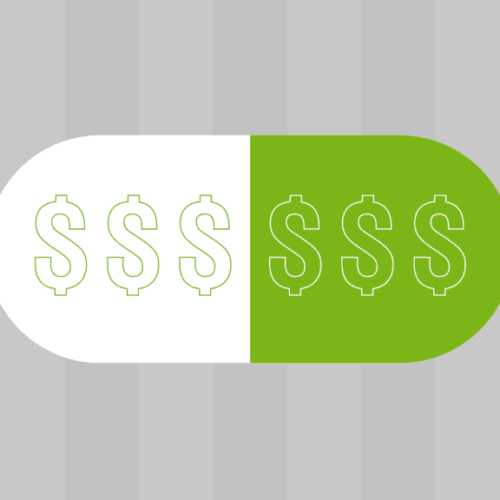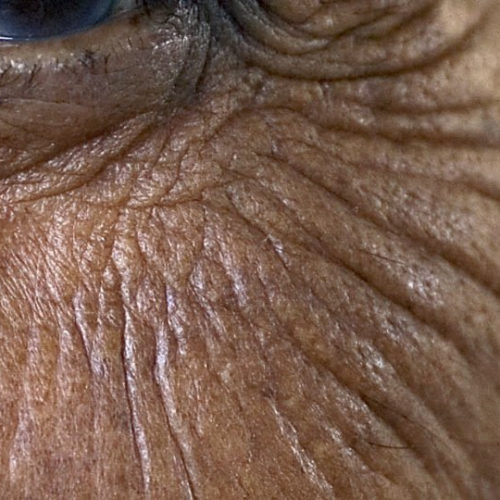Lauren Chase Lauren Chase is on the Research Team at GoodRx. Posted on August 11, 2020 In an effort to continue to shed light on drug prices and increase transparency, the GoodRx Research Team regularly tracks the most expensive drugs in the U.S. Since 2018, we have tracked the list price and dosing requirements to...
Tag: <span>hormones</span>
Lack of females in drug dose trials leads to overmedicated women
Gender gap leaves women experiencing adverse drug reactions nearly twice as often as men, study shows UNIVERSITY OF CALIFORNIA – BERKELEY Women are more likely than men to suffer adverse side effects of medications because drug dosages have historically been based on clinical trials conducted on men, suggests new research from the University of California,...
Brain scientists haven’t been able to find major differences between women’s and men’s brains, despite over a century of searching
People have searched for sex differences in human brains since at least the 19th century, when scientist Samuel George Morton poured seeds and lead shot into human skulls to measure their volumes. Gustave Le Bon found men’s brains are usually larger than women’s, which prompted Alexander Bains and George Romanes to argue this size difference...
Age, education, and surgical history affect hormone use after oophorectomy
New study identifies frequency of hormone therapy use and predictors of its use in women who underwent preventive oophorectomy as a result of carrying the BRCA gene THE NORTH AMERICAN MENOPAUSE SOCIETY (NAMS) CLEVELAND, Ohio (August 12, 2020)–Removal of the ovaries before natural menopause (surgical menopause) often exacerbates menopause symptoms and places women at increased...
COVID-19 may increase risk of blot cots in women who are pregnant or taking birth control pills
Reviewed by James Ives, M.Psych. (Editor) COVID-19 may increase the risk of blot cots in women who are pregnant or taking estrogen with birth control or hormone replacement therapy, according to a new manuscript published in the Endocrine Society’s journal, Endocrinology. One of the many complications of COVID-19 is the formation of blood clots in...
Study of Gene’s Hormone Effects Leads to Surprise Insight into Pituitary Tumors
Rathke’s cleft cysts are benign, fluid-filled growths that develop in the pituitary gland, a small oval-shaped gland near the underside of the brain. Usually, these cysts don’t cause symptoms. However, if they become large enough to compress the organ and surrounding tissues, then they can cause problems with vision and the secretion of hormones from...
Asthma and allergies more common in teens who stay up late
EUROPEAN LUNG FOUNDATION Teenagers who prefer to stay up late and wake later in the morning are more likely to suffer with asthma and allergies compared to those who sleep and wake earlier, according to a study published in ERJ Open Research. [1] Asthma symptoms are known to be strongly linked to the body’s internal...
Scientists found that the lack of stress hormone contributes to aging
For hundreds and hundreds of years people have tried to stop the aging process. However, their efforts have never yielded any positive results – there is no youth elixir. Even with the latest scientific advancement we cannot stop the damage that time does on our bodies. But now scientists from Saarland University have figured out...
BALDNESS MAY BE A RISK FACTOR FOR COVID-19
Two small studies published recently suggested most men hospitalized with Covid-19 are bald, generating headlines around the world. While this may sound strange, science does offer a plausible explanation. Male pattern baldness is associated with high levels of male sex hormones called androgens. And androgens seem to play an important role in the entry of...
GLP-1-based treatment of diabetes does not cause pancreatitis
UNIVERSITY OF COPENHAGEN THE FACULTY OF HEALTH AND MEDICAL SCIENCES About 50,000 Danish diabetic patients are treated with GLP-1-based medicine. GLP-1 is a hormone that reduces the blood sugar and inhibits the appetite, and it is a frequent treatment for type 2 diabetes and obesity. A known side effect of this particular treatment is that...




